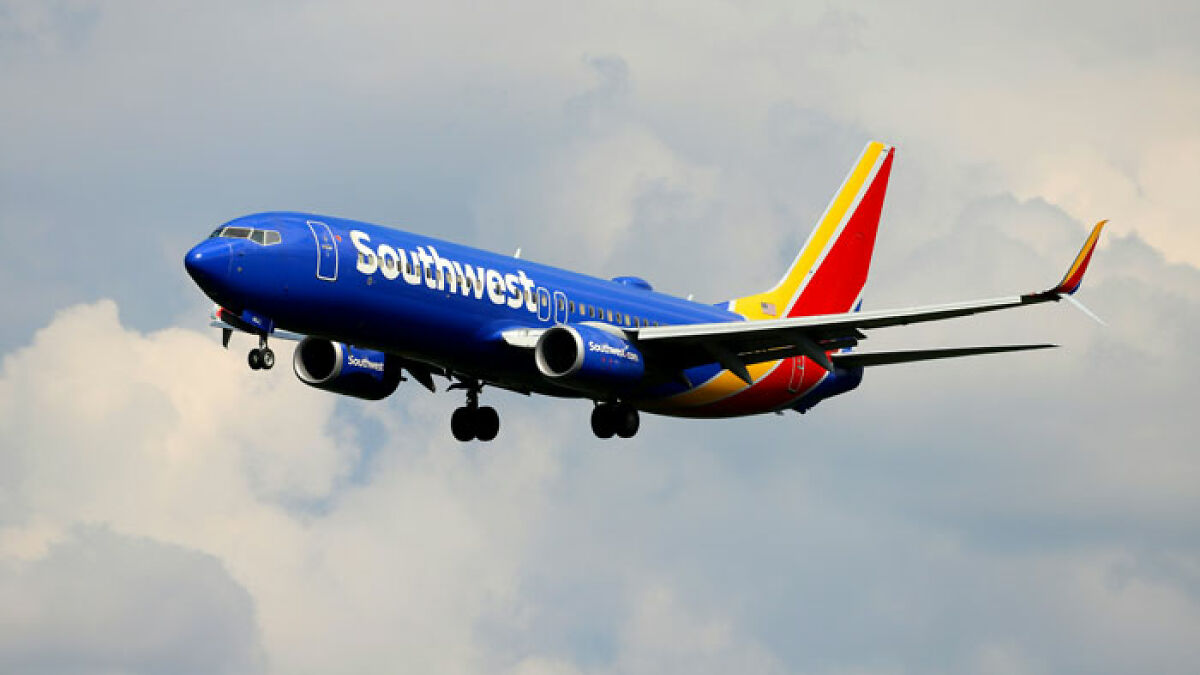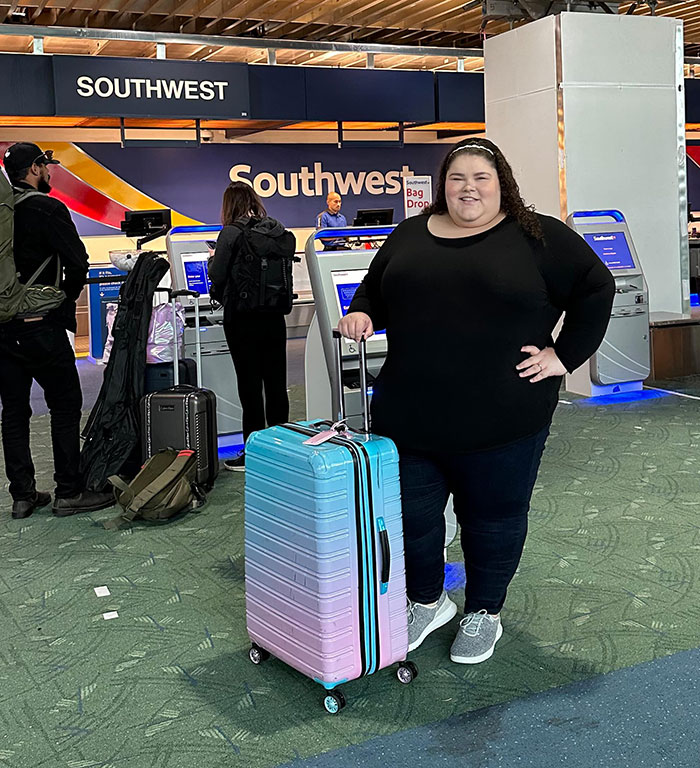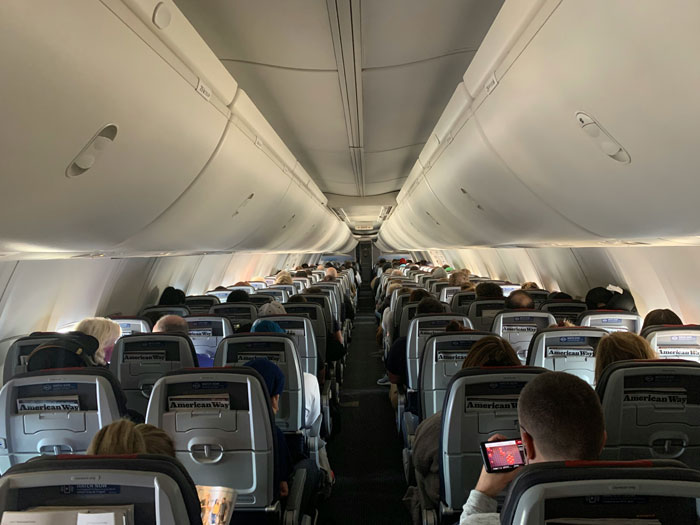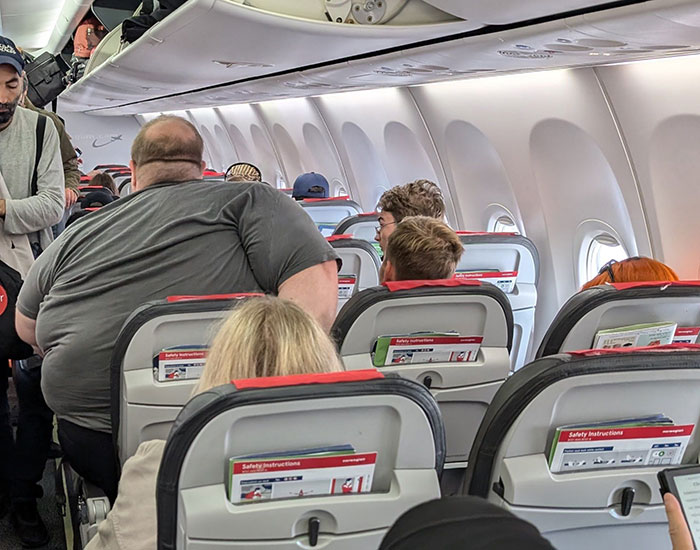Southwest Airlines Sparks Backlash With New Rule Targeting Plus-Size Passengers
Southwest Airlines is making headlines for a controversial new policy that will change the way plus-size passengers book their flights. Starting January 27 of next year, travelers who cannot fit within the boundaries of a single seat’s armrests will be required to purchase an additional seat at the time of booking.
Until now, the airline’s “Customer of Size” policy allowed passengers two options: either buy a second seat in advance and request a refund after the trip or speak with a gate agent at the airport to receive an extra seat free of charge if needed. The new rule eliminates that flexibility, requiring upfront payment before boarding.

How the New Rule Works
Under the updated policy, travelers who need more than one seat must secure the extra ticket in advance. Refunds for the second seat are still possible but come with tighter conditions. According to Southwest, the refund may be granted if the flight is not sold out at departure and both tickets were purchased under the same booking class. To qualify, passengers must also request the refund within 90 days of their trip.

If a passenger arrives at the airport without purchasing an extra seat in advance, they will be required to buy one there. If no adjacent seats are available because the flight is full, the traveler will be rebooked on another flight where the accommodation can be made.
The airline has made it clear that these steps are meant to avoid last-minute complications. “To ensure space, we are communicating to customers who have previously used the extra seat policy that they should purchase it at booking,” the company explained.

Reactions From the Public
The change has ignited fierce debate online. Some argue that the rule is fair and overdue. “If you’re big enough to take up two seats, pay for two seats,” one commenter said. Others pointed out that seat size and weight distribution are legitimate concerns in aviation.
On the other hand, critics see the move as discriminatory and profit-driven. “They’ll just keep shrinking the seats until everyone has to buy a second one,” a frustrated passenger wrote. Another added, “I weigh 105 pounds and still feel cramped. Maybe the airlines should quit making the seats smaller.”

Travel advocate Jason Vaughn, who regularly shares tips for plus-size travelers, blasted the decision. He argued that Southwest’s current approach allows for comfort without penalizing passengers unfairly. “They have no idea anymore who their customer is,” he said. “They have no identity left.”
Additional Policy Shifts
This new requirement coincides with broader changes across the airline. In January, Southwest will also transition from its long-standing open seating model to assigned seating, a move designed to align more closely with major U.S. carriers.
The airline has also announced that about one-third of its seats will be converted into premium seating with extra legroom, giving passengers the option to pay more for comfort.
These adjustments follow another unpopular shift earlier this year, when Southwest ended its decades-old policy of free checked bags. The airline now charges $35 for the first checked bag and $45 for the second, with size and weight restrictions in place.
What It Means for Travelers
For plus-size passengers, this change adds a layer of stress and expense to an already challenging travel experience. Instead of negotiating at the gate, they must now pay upfront and navigate a refund process that offers no guarantees. For other passengers, the move could mean fewer instances of last-minute seating disruptions but also raises questions about how much space airlines should provide in an era of shrinking seats and rising fees.
As the new rule takes effect in January, Southwest faces the challenge of balancing business needs with customer satisfaction. Whether this policy creates smoother flights or alienates loyal travelers remains to be seen, but one thing is certain: the debate around fairness, comfort, and body inclusivity in air travel is far from over.






